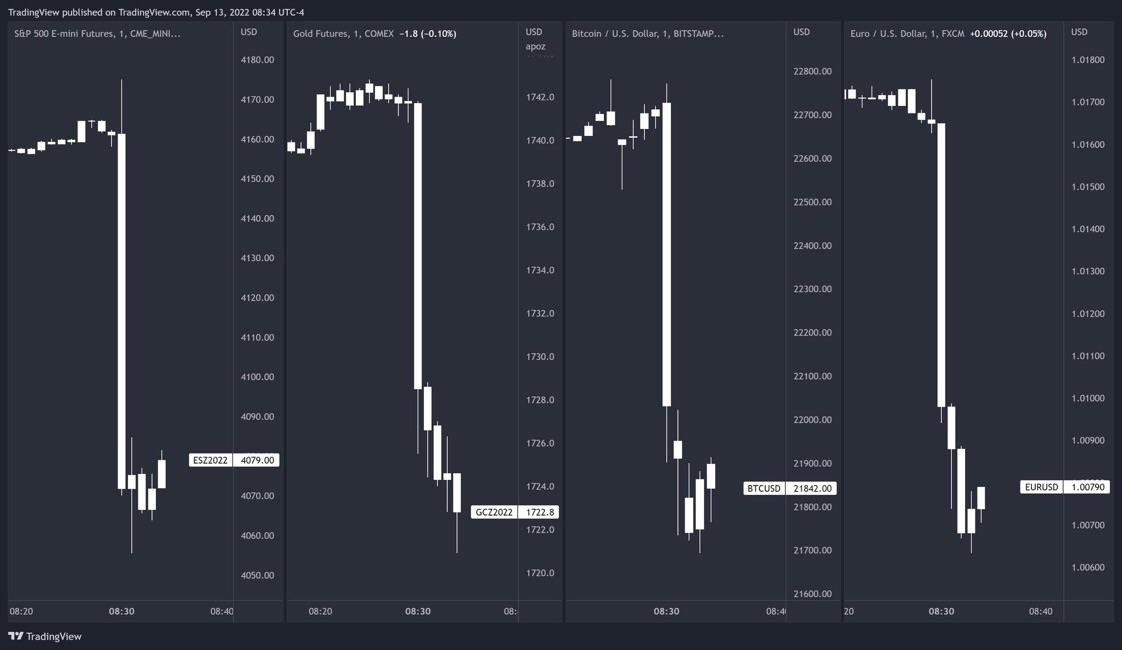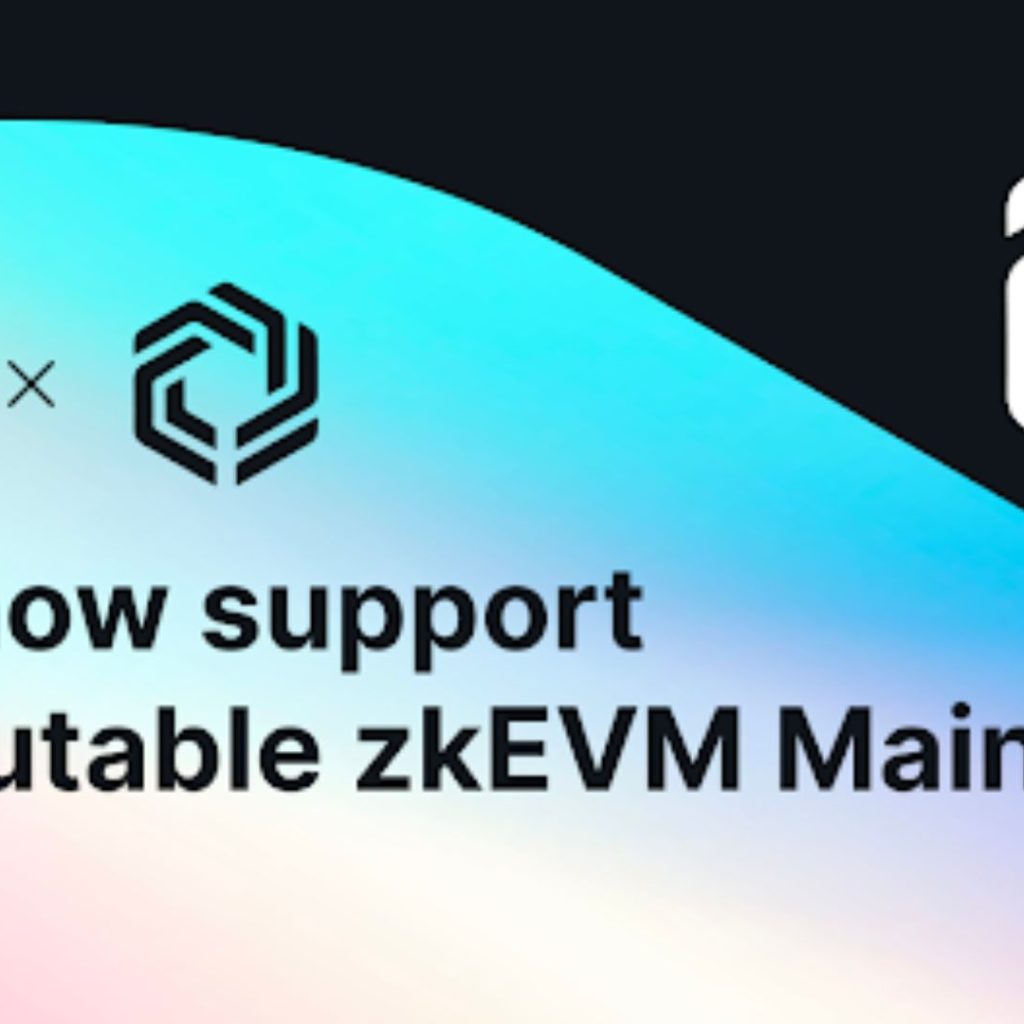Asset management firm Fidelity has submitted a proposal for a spot Ethereum ETF with staking to the Securities and Exchange Commission following the success of the first spot Bitcoin ETF.
The Fidelity Ethereum Fund will track the performance of Ethereum and will incorporate a unique staking feature.
Fidelity Files for Ethereum ETF
Fidelity’s application comes after the Securities and Exchange Commission approved spot Bitcoin ETFs, with Fidelity being one of the pioneering issuers. The approval of spot Bitcoin ETFs helped propel Bitcoin to a new all-time high of $73,000, with many speculating that a spot Ethereum ETF is the next logical step.
“JUST IN: $4.5 trillion asset manager Fidelity files S-1 form for Spot Ethereum ETF with staking included.”
The Fidelity Ethereum Fund will issue shares on the Chicago Board Options Exchange (CBOE) and introduce a novel staking feature to allow investors to earn rewards. The company said in its filing,
“The Fidelity Ethereum Fund (the ‘Trust’) is an exchange-traded product that issues shares of beneficial interest and seeks to list and trade on the Cboe BZX Exchange, Inc. The Trust’s investment objective is to track the performance of ether, as measured by the performance of the Fidelity Ethereum Reference Rate, adjusted for the Trust’s expenses and other liabilities,” the company detailed in the filing.
Potential Delays
The application is Fidelity’s second for a spot Ethereum ETF. The company lodged a filing in November 2023, along with BlackRock, ARK Invest, and VanEck. However, approval is not guaranteed, given the regulatory challenges that lie ahead.
The Securities and Exchange Commission has stated it is on an energetic legal campaign to challenge Ethereum’s status as a security. This casts significant doubt on the approval and future of spot Ethereum ETFs. However, industry experts like Craig Salm, Chief Legal Officer at Grayscale, remain optimistic despite the Securities and Exchange Commission’s hostile stance.
Salm pointed to the spot Bitcoin ETF approval, suggesting that previous negotiations could help streamline the approval process for spot Ethereum ETFs.
“All of these issues were figured out and are identical when comparing spot Bitcoin to Ethereum ETFs. The only difference is rather than the ETF holding bitcoin, it holds ether. So in many ways, the SEC already has engaged, and issuers simply have less to engage on this time.”
According to Salm, the spot Bitcoin ETF saw all of these issues, which were eventually figured out by both sides. Salm believes the process will be far less exhaustive because the only difference between the two is the asset the ETF holds.
Disclaimer: This article is provided for informational purposes only. It is not offered or intended to be used as legal, tax, investment, financial, or other advice.





